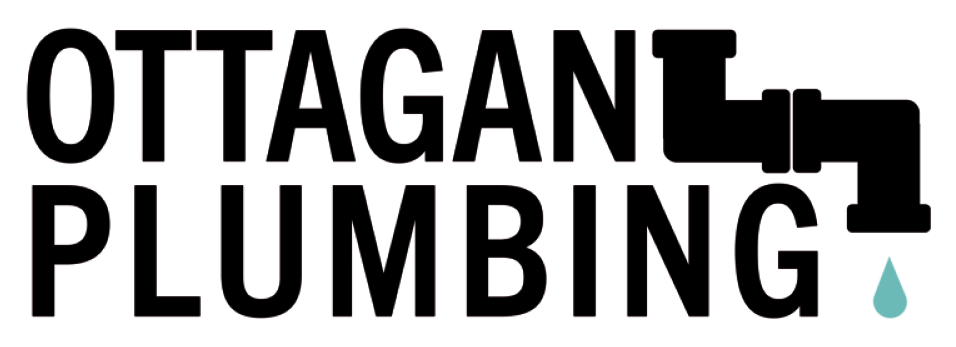
Hard water is a common issue in many households, but did you know it can be quietly damaging your plumbing system? If left untreated, hard water can lead to costly repairs, reduced efficiency, and even early plumbing failures. In this blog post we’ll explore signs of hard water, the risks it poses, and the best solutions to protect your plumbing.
What is Hard Water?
Hard water contains high levels of dissolved minerals, primarily calcium and magnesium. White these minerals aren’t harmful to your health; they can have a significant impact on your plumbing system over time. The minerals present, the harder the water, and the greater the potential for plumbing issues.
Signs You Have Hard Water
Not sure if you have hard water? Here are some common indicators:
- White, chalky buildup on faucets and showerheads – This is mineral residue left behind when hard water evaporates.
- Soap scum and difficulty lathering – Hard water reduces the effectiveness of soap and detergent, leading to residue on your skin, hair, and dishes.
- Stiff laundry and water spots on dishes – Minerals in hard water can make clothes feel rough and leave spots on glassware.
- Reduced water pressure – Mineral buildup inside pipes can restrict water flow, causing weaker pressure over time.
- Frequent appliance breakdowns – Water heaters, dishwashers, and washing machines can develop mineral deposits, reducing efficiency and lifespan.
Risks of Hard Water on Your Plumbing System
Ignoring hard water can lead to serious plumbing issues, including:
1.Pipe Clogs and Corrosion
As mineral deposits accumulate inside your pipes, they can narrow the diameter, restricting water flow and increasing pressure. Over time, this can lead to pipe damage and costly repairs.
2.Water Heater Inefficiency
Hard water leaves sediment inside your water heater, forcing it to work harder to heat water. This not only increases energy bills but can also shorten the lifespan of your water heater.
3.Appliance Wear and Tear
Household appliances that use water-like dishwashers, washing machines, and coffee makers-can experience scale buildup, leading to reduced performance and early failure.
4.Fixture and Faucet Damage
Mineral deposits on faucets, showerheads, and fixtures can lead to reduced water flow and unsightly stains that are difficult to clean.
Solutions to Hard Water Problems
Fortunately, there are effective solutions to combat hard water and protect your plumbing system.
1.Install a Water Softener
A water softener removes calcium and magnesium from the water supply, preventing scale buildup and extending the life of your plumbing and appliances.
2.Use vinegar for Cleaning
If you already have mineral buildup on fixtures, soaking them in vinegar can help dissolve the deposits and restore water flow.
3.Regularly Flush You Water Heater
Draining your water heater annually helps remove sediment buildup, improving efficiency and prolonging its lifespan.
4.Consider a Whole-Home Filtration System
For homes with extremely hard water, a whole-home filtration system can provide additional protection by removing minerals before they enter your plumbing system.
Conclusion
Hard water may seem like a minor inconvenience, but over time, it can cause serious plumbing problems and increase maintenance costs. By recognizing the signs early and investing in solutions like water softeners and regular maintenance, you can keep your plumbing system running smoothly and efficiently.
If you’re experiencing signs of hard water and need professional advice, Ottagan Plumbing is here to help! Contact us today to learn more about water softening solutions and how we can protect your home from hard water damage.

Leave a Reply